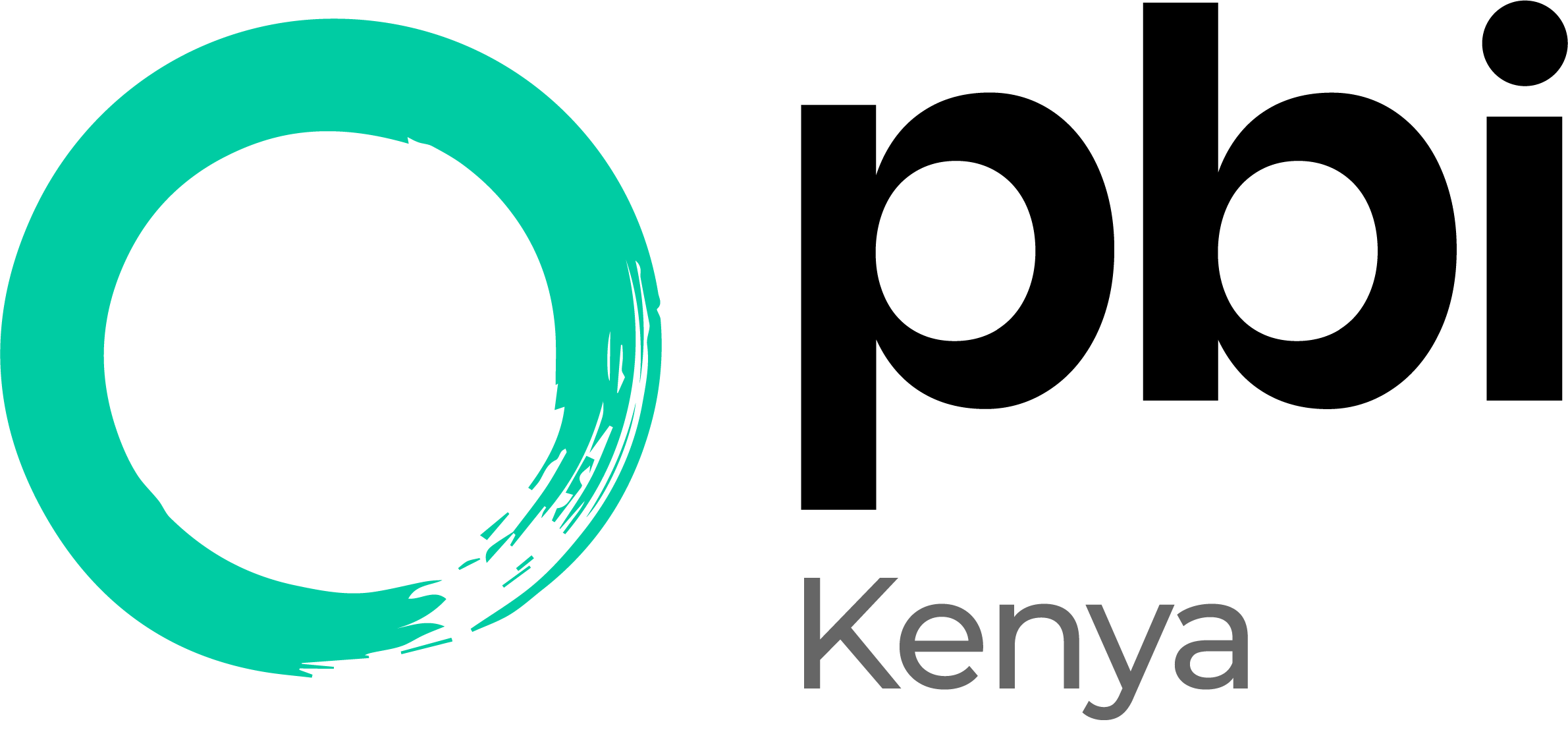International Women’s Day (IWD) takes place every year on March 8 to celebrate women’s rights and inspire people to act for gender equality. The theme for 2021 was #ChooseToChallenge. It highlighted the importance of challenging biases and misconceptions in the interest of creating a more inclusive and gender-equal world.
With the onset of Covid-19 pandemic and the containment measures, 2020 became very challenging, with health, socioeconomic and psychological impacts on the population of Kenya in general, and more specifically on the poorest people living in urban settlements. Grassroots HRDs have faced all these challenges while continuing to defend human rights in their areas, and often stepped in to distribute food, water and sanitary products. WHRDs had a big role to play in the prevention and response of sexual and gender-based violence (SGBV), which has significantly increased with the pandemic. Despite these challenges, WHRD Toolkit Organizers showed abundant resilience, which was worth celebrating on International Women’s Day.
With support from Peace Brigades International Kenya, Women Human Rights Defenders Toolkit Organizers planned the event ‘Exploring the resilience of Women Human Rights Defenders during the Covid-19 pandemic’ in Kawangware. The goal of the event was to have effective cooperation between citizens, HRDs, civil society organizations, government actors and the international community, when it comes to addressing SGBV in urban settlements. This goal was tied to the ongoing campaign of the Toolkit Organizers, which seeks to increase the conviction rate of perpetrators of rape and defilement. The event included a testimony from a caregiver of a survivor of SGBV and Asha Ali, Toolkit Organizer who has been involved in assisting survivors of SGBV in Kawangware. There was a panel presentation by experts: a community paralegal, a counsellor, a medic, a WHRD Toolkit Organizer and a religious leader. This mix of experts was to ensure that people listen to speakers who have experience with responding to SGBV from different backgrounds. We also showed the documentary ‘The stand against sexual violence in Kenya’, a documentary that tells the story and history of the Toolkit. The WHRD toolkit organizers also aimed at increasing their online visibility. The event was live-streamed and continued posting on social media boosted solidarity with other actors across the globe.
The event was a great success: WHRDs managed to initiate meaningful engagement with actors at different levels: The Norwegian Embassy, organisations such as Protection International, Compassion International, Ujamaa Africa, FIDA Kenya, SHOFCO, COVAW and Wounded Healers, and representatives from the local government and Nairobi Metropolitan Services attended. The event provided a forum for sharing experiences and drawing lessons, such as the need to pursue justice for survivors through legal means as opposed to out of court settlements, the role of religion and culture in prevention and response of SGBV, the need to strengthen referral networks, use of emergency numbers and the need to speak out to ensure that perpetrators are held accountable for their actions.
